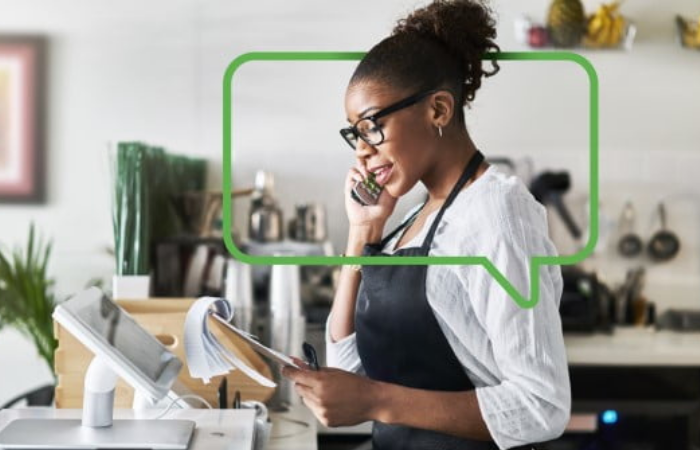Lloyds Banking Group unveils The Big Conversation report highlighting UK recovery plans
Lloyds Banking Group today unveils The Big Conversation: Helping Britain Recover report which harnesses insights gathered from businesses around the UK and highlights strong calls from stakeholders for a bespoke regional approach to the economic recovery.
The report follows the Group convening 24 discussions with over 900 local businesses, industry leaders, policymakers and experts across the UK’s nations and regions. Lloyds Banking Group used its network to bring together participants at a time when listening, sharing experiences and a sense of community is even more important than ever before. These roundtables were hosted virtually over three months and saw panels come together to discuss the challenges and opportunities they’ve faced this year and take questions from participants.
The conversations explored the critical areas of support needed to help rebuild communities and inform public policy and also identified emerging consensus on what is required to support the UK’s recovery. The insights will help shape future Group strategy. Discussions focused on support for SMEs, digital skills, agriculture, housing, household finances, electric vehicles and sustainability.
At-event polling revealed that:
When asked what measures would most support business recovery in their region, over a quarter (26%) said grants to help retain and take on new employees. The same number (26%) said regional growth funds. 19% highlighted that tax breaks would help their regional recovery.1
Following the first lockdown, 37% of UK SMEs said they had become more innovative than they were six months ago, this was followed by 26% who said they’d become more resilient in this time.2
In the process of sharing experiences, stories of outstanding resilience emerged: business models pivoting to exploit online retail opportunities, production lines integrating social distancing measures and employees retraining in digital skills to equip them, and their firms, for the future. A clear consensus that collaboration and innovation must be at the heart of the recovery came to the fore.
LEVELLING UP
The MPs, SMEs and community leaders involved in the events made it clear that they want to see regionally focused recovery strategies, shaped by local voices for local economies, to ensure the right solutions are put in place.
António Horta-Osório, CEO of Lloyds Banking Group, said: “After nearly a year of huge upheaval for our personal and professional lives, we know that it’s more important than ever that we all take the time to listen. Given our depth of expertise and our presence across the UK’s nations and regions, we were able to bring together a vibrant network of businesses, industry experts and MPs so we could all listen and learn from each other’s experiences.
“A huge amount was discussed in the course of The Big Conversation, but a few themes became particularly clear. For me, the most striking of which was that while there were many shared experiences among businesses in certain sectors, the largest differences were in the experiences of businesses and communities in different geographies. This makes a tailored, regionally-led and regionally-informed approach to our national recovery essential.”
EXAMPLES OF HOW SOME BUSINESSES RESPONDED TO THE CHALLENGES THEY FACED DUE TO COVID-19:
Eko Food is a leading manufacturer and supplier of authentic and high quality chilled and frozen ethnic ready meals, ambient sauces and African dry food based in London and the South East. Its founder, Christine Adeosun, pivoted the business after initially struggling to market her products and secure specialised ingredients from overseas during lockdown. The changes introduced improved the business’ efficiency. Christine explains: “Without trade shows, we turned to social media to share our products. We collaborated with UK producers to find more homegrown supplies which helped us cut our food miles, making our products even greener.”
Jonathan Caisley of Biofresh, a food storage company in Northumberland, has used lockdown to further innovate and improve his relationships with his suppliers. Biofresh has been producing a pioneering sanitation system that can disinfect a range of internal spaces. Jonathan explains: “We’ve seen a big shift in the types of products we’re producing at a time when many of our suppliers were working at reduced capacity. But it has given us a better understanding of their businesses and helped them understand our business better too, fostering a spirit of partnership and collaboration.”







































